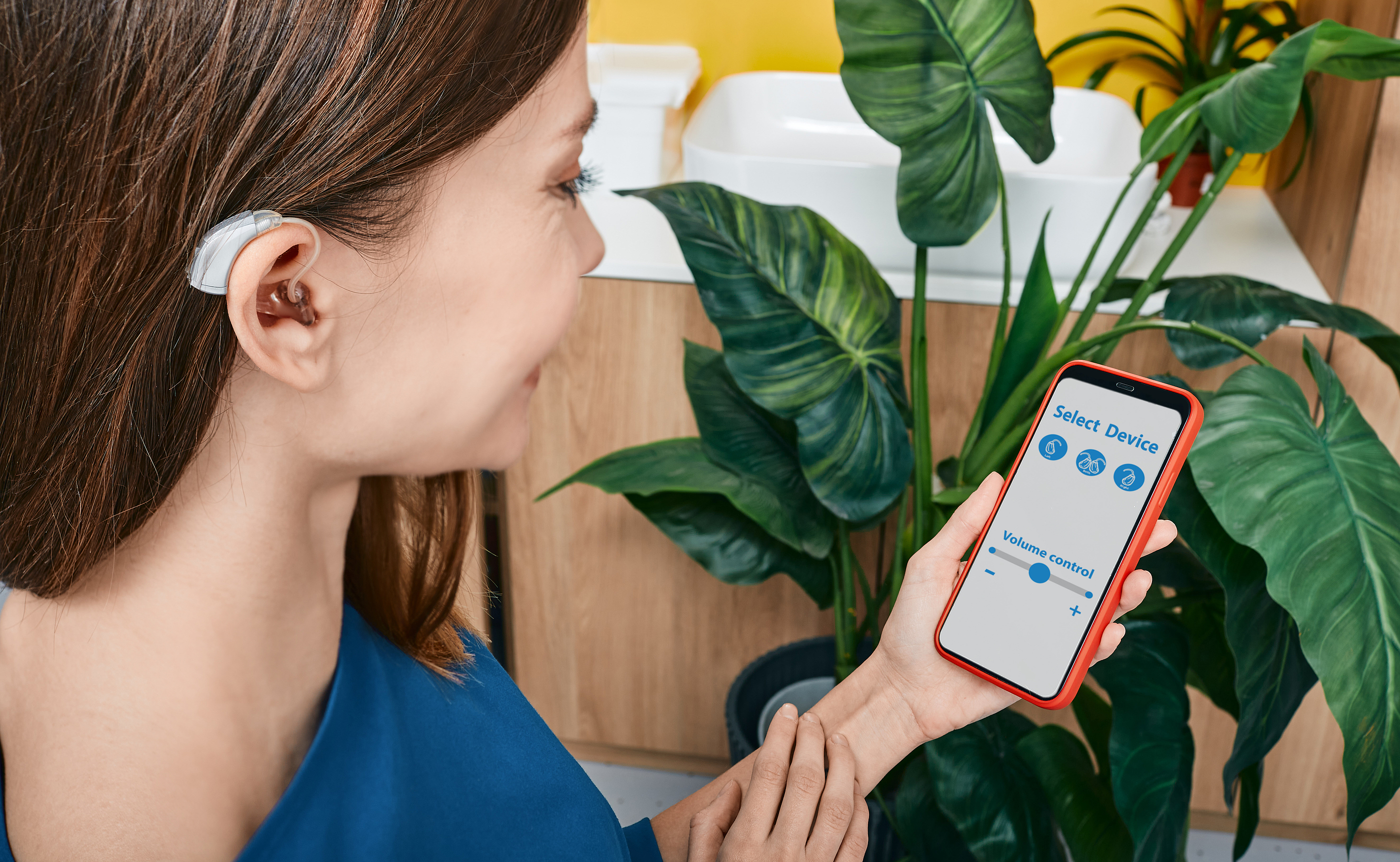May 2022 is Healthy Hearing and Speech Month
How interested would you be in increasing the lifespan of your current


How interested would you be in increasing the lifespan of your current

Tinnitus is the perception of sound when no actual external noise is

Did you know? People with untreated hearing loss tend to develop cognitive